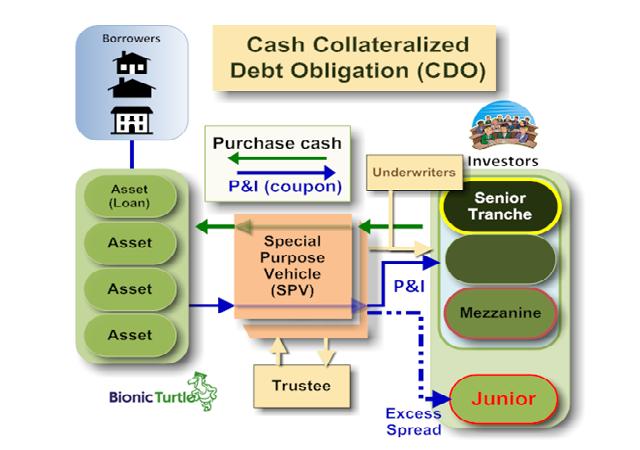Limits of Disclosure
Abstract:
Disclosure has its limits. One big focus of attention, criticism, and proposals for reform in the aftermath of the 2008 financial crisis has been securities disclosure. But most of the criticisms of disclosure relate to retail investors. The securities at issue in the crisis were mostly sold to sophisticated institutions. Whatever retail investors’ shortcomings may be, we would expect sophisticated investors to make well-informed investment decisions. But many sophisticated investors appear to have made investment decisions without making much use of the disclosure. We discuss another example where disclosure did not work as intended: executive compensation. The theory behind more expansive executive compensation disclosures was that shareholders might react to the disclosures with outrage and action, and companies, anticipating shareholder reaction, would curtail their compensation pre-emptively. But it was apparently not the reality and instead compensation spiraled higher.
The two examples, taken together, serve to elucidate our broader point: underlying the rationale for disclosure are common sense views about how people make decisions — views that turn out to be importantly incomplete. This does not argue for making considerably less use of disclosure. But it does sound some cautionary notes. The strong allure of the disclosure solution is unfortunate, although perhaps unavoidable. The admittedly nebulous bottom line is this: disclosure is too often a convenient path for policymakers and many others looking to take action and hold onto comforting beliefs in the face of a bad outcome. Disclosure’s limits reveal yet again the need for a nuanced view of human nature that can better inform policy decisions.
Full paper below…
~
4closureFraud.org
~


No Comment